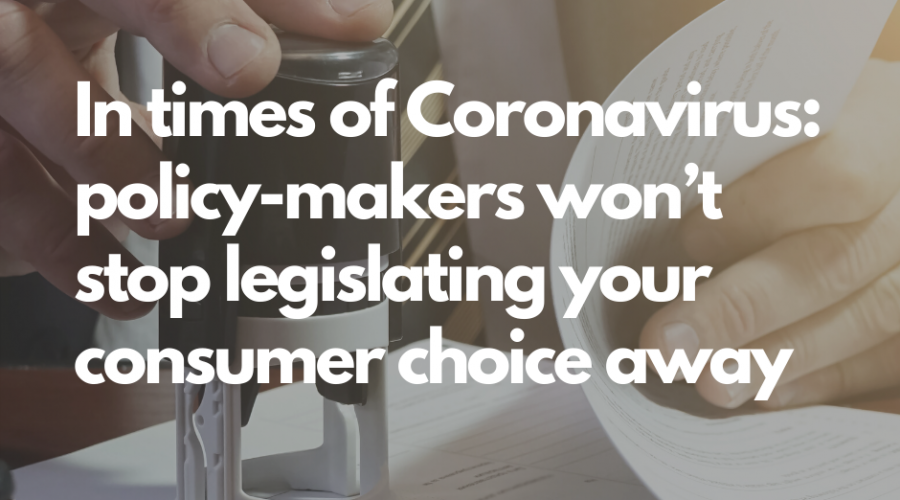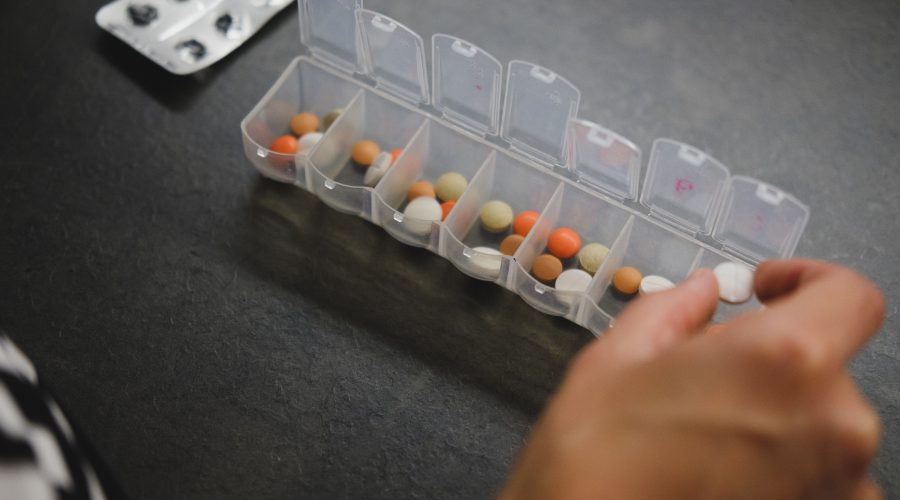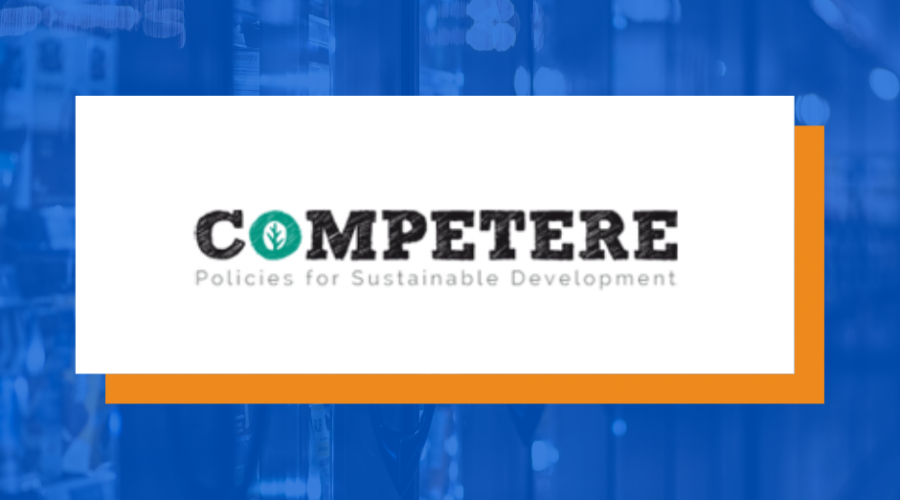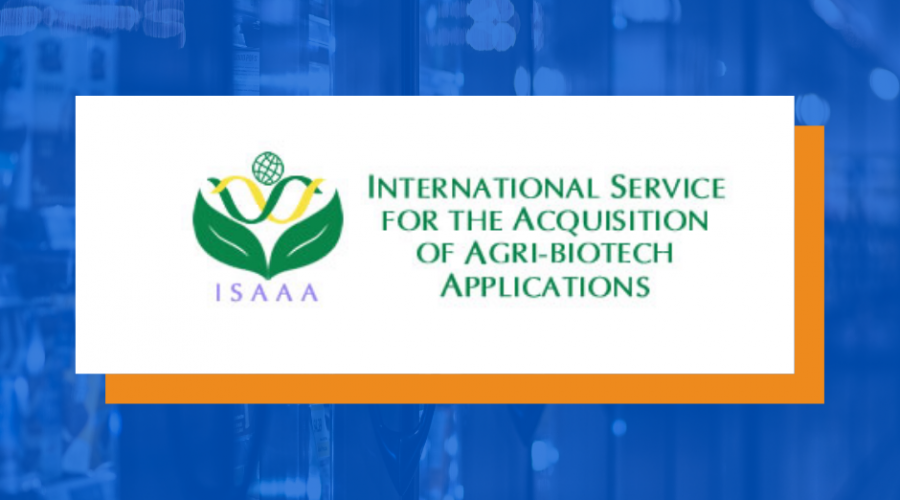Merci la science! Un guide d’auto-assistance pour le coronavirus
Comment répondre à nos besoins en période de confinement ? Voici un guide des innovations qui nous permettent de passer ce désagréable moment.
Les deux dernières semaines ont probablement été les moments les plus étranges de la plupart de nos vies. Peu d’entre nous ont connu une restriction aussi massive de leurs voyages et de leur vie sociale avant l’apparition du coronavirus. Même en tant que passionné d’aviation et grand voyageur, je n’ai même pas vu l’immobilisation au sol de flottes entières d’avions au lendemain du 11 septembre 2001.
Les réunions d’affaires, conférences ou événements sportifs semblent être suspendus pendant au moins les six à huit semaines à venir. Ce n’est probablement qu’une question de temps avant que la plupart des pays ne ferme les salles de sport et les pubs.
Ce sera un défi non seulement pour l’économie, mais aussi pour notre vie sociale. Il sera important de garder le moral et la santé mentale. Il s’avère que des conversations vidéo régulières, mais très informelles avec des amis et des collègues, autour d’un verre, peuvent beaucoup aider à soulager l’anxiété accumulée par l’hystérie médiatique et le sentiment de ne pas être maître de la situation, impuissant.
Alors que nous essayons tous de nous adapter à une nouvelle réalité pour les 6 à 10 prochaines semaines, il y a aussi des raisons pour lesquelles je suis très heureux que cette crise survienne en 2020 et non en 2000. Beaucoup d’innovations se sont produites dans ce nouveau millénaire dont nous devrions être extrêmement reconnaissants.
Avant tout, nous devrions bien sûr être reconnaissants envers toutes les infirmières et tous les médecins qui ont aidé les patients en première ligne de l’épidémie. Ce seront des mois difficiles pour tous les professionnels de la santé et ils devraient recevoir tout le soutien nécessaire.
Et avant de nous plonger dans l’innovation médicale et la recherche d’un vaccin, regardons qui d’autre nous aide à prendre de la distance sociale, à nous isoler et à aplatir la courbe.
BESOIN DE TRAVAILLER ?
Les outils de travail à distance tels que Zoom, Asana ou les outils de Google ont déjà révolutionné le monde du travail. La plupart des réunions peuvent être converties en appel vidéo.
Ainsi, l’économie du savoir ou les emplois de défense des droits, comme ceux de mon organisation, peuvent au moins continuer à être productifs. Mais il est évident qu’il y a aussi la vie au-delà du travail et qu’il faut s’en occuper, y compris la garde des enfants.
BESOIN DE NOURRITURE ?
Grâce à des services de livraison de produits alimentaires tels qu’AmazonFresh et Ocado, j’ai pu constituer une bonne quantité de réserves de conserves, de produits secs et de produits pour la salle de bains, sans même avoir à me battre pour les derniers produits dans certains supermarchés presque vides. Au cours des prochaines semaines, nous aurons des livraisons régulières de produits frais, vu que je ne me contenterai pas de pâtes tant que corona ne sera pas vaincu.
Les services de livraison de nourriture permettent de travailler encore plus facilement à domicile, tout en créant de la valeur, et d’être nourri par Papa John’s, Nando’s ou notre restaurant indien local. Domino’s Pizza est allé encore plus loin et vient de m’envoyer un courriel annonçant « Contact Free Delivery » au Royaume-Uni et en Irlande (j’habite à Londres) :
« En introduisant la livraison sans contact, nous pensons que nous donnerons à nos clients la tranquillité d’esprit lorsqu’ils commandent un Domino’s, tout en protégeant nos livreurs.
Vous pouvez sélectionner une livraison sans contact lors du passage de votre commande sur notre application ou notre site web. Votre chauffeur vous appellera à son arrivée pour convenir de l’endroit où vous souhaitez que votre nourriture soit laissée. Une fois la commande passée à l’endroit convenu, le chauffeur se tiendra à au moins deux mètres de vous pendant que vous irez chercher votre commande. Pour que le service soit vraiment sans contact, toutes les commandes de livraison sans contact doivent être prépayées en ligne ou par téléphone ».
Après m’être occupé de toute la pizza et du papier toilette dont j’ai besoin dans un avenir proche, il est maintenant temps d’examiner quels seront les besoins en matière de divertissement.
BESOIN DE DIVERTISSEMENT ?
Netflix et Amazon arrivent directement dans ma vie et, comme l’a fait remarquer ma collègue Maria, « c’est un fléau avec le WiFi ». Il n’est donc pas nécessaire d’aller dans le magasin de location de vidéos qui a fermé ses portes, mais vous pouvez diffuser en continu toutes les saisons de Buffy, et si cela dure plus longtemps que prévu, même Angel, directement chez vous.
Ma salle de sport vient de m’envoyer un e-mail m’informant qu’ils avaient un cas de COVID-19 et qu’ils sont actuellement fermés pour un nettoyage en profondeur. C’est bien que Kelli et Daniel de Fitness Blender aient plus de 500 vidéos d’entraînement gratuites sur YouTube. Sortez vos tapis de yoga !
Mais Buffy et HIIT ne sont pas disponibles en quantité suffisante pour une journée. Heureusement, les jeux vidéo (auxquels je n’ai pas prêté attention depuis longtemps) sont maintenant surtout diffusés en streaming ou téléchargés. Mes amis des médias sociaux m’ont recommandé Red Dead Redemption 2, The Witcher 3 et Europa Universalis IV (probablement trop compliqué pour moi). Je pense donc que nous sommes tous prêts ici aussi !
BESOIN DE MÉDICAMENTS ?
Passons maintenant à l’une des plus grandes inventions de ces dernières décennies : les pharmacies en ligne ! Venant d’Allemagne et ayant travaillé dans le domaine de la politique de santé, je suis toujours perplexe quant à l’ampleur de la lutte contre les pharmacies en ligne et les ordonnances électroniques. En ces temps d’isolement et de distanciation sociale, ces deux mots sonnent comme de la musique à mes oreilles.
J’ai pu commander et stocker toutes sortes de médicaments délivrés uniquement sur ordonnance, tels que des médicaments contre l’asthme, des inhibiteurs de la pompe à protons et des antibiotiques, sans même quitter mon appartement ; et tout cela LÉGALEMENT (avertissement : je souffre d’asthme) ! Il vous suffit de consulter un médecin en ligne ou de répondre à un quiz et de recevoir une ordonnance électronique.
C’est un soulagement énorme pour le système de santé, déjà mis à rude épreuve, car les patients n’inondent pas les cliniques juste pour demander des ordonnances et les pharmaciens peuvent se concentrer sur la production d’un plus grand nombre de désinfectants.
RÉJOUISSONS-NOUS DE CES INNOVATIONS
La plupart de ces services et entreprises mentionnés ci-dessus n’existaient même pas il y a vingt ans. Grâce à l’innovation et à la concurrence, les entrepreneurs ont mis au point ces nouvelles façons de servir les clients. C’est étonnant et, même si ce n’était peut-être qu’un simple gadget il y a quelques semaines, tout, de la vidéoconférence aux prescriptions électroniques, rend cette crise beaucoup plus gérable. Nous devrions nous en réjouir !
Il est évident qu’il existe des groupes vulnérables et que de nombreuses personnes souffriront lourdement du virus. C’est pourquoi nous avons besoin de plus d’innovation. Il y a déjà une course au premier vaccin et d’autres sociétés pharmaceutiques travaillent à la réorientation des antiviraux utilisés par exemple pour lutter contre le virus Ebola.
Certaines études suggèrent que certains médicaments contre le paludisme pourraient être utiles pour renforcer le système immunitaire des patients gravement malades atteints de coronaropathie. Il s’agit souvent de médicaments récemment découverts dont le développement nécessite beaucoup de temps et de capitaux.
Nous devrions être reconnaissants pour l’innovation en médecine et admettre que ces percées ne sont possibles que grâce à des chercheurs enthousiastes et à l’appétit d’innovation risqué du secteur privé.
C’est pourquoi, à l’Agence pour le choix du consommateur (Consumer Choice Center), nous continuons à nous battre (depuis nos ordinateurs portables) pour le choix, l’innovation et l’élaboration de politiques pro-science. Nous en tirerons profit lors de la prochaine crise (un robot de garde d’enfants inclus) !
Originally published here.
The Consumer Choice Center is the consumer advocacy group supporting lifestyle freedom, innovation, privacy, science, and consumer choice. The main policy areas we focus on are digital, mobility, lifestyle & consumer goods, and health & science.
The CCC represents consumers in over 100 countries across the globe. We closely monitor regulatory trends in Ottawa, Washington, Brussels, Geneva and other hotspots of regulation and inform and activate consumers to fight for #ConsumerChoice. Learn more at consumerchoicecenter.org










